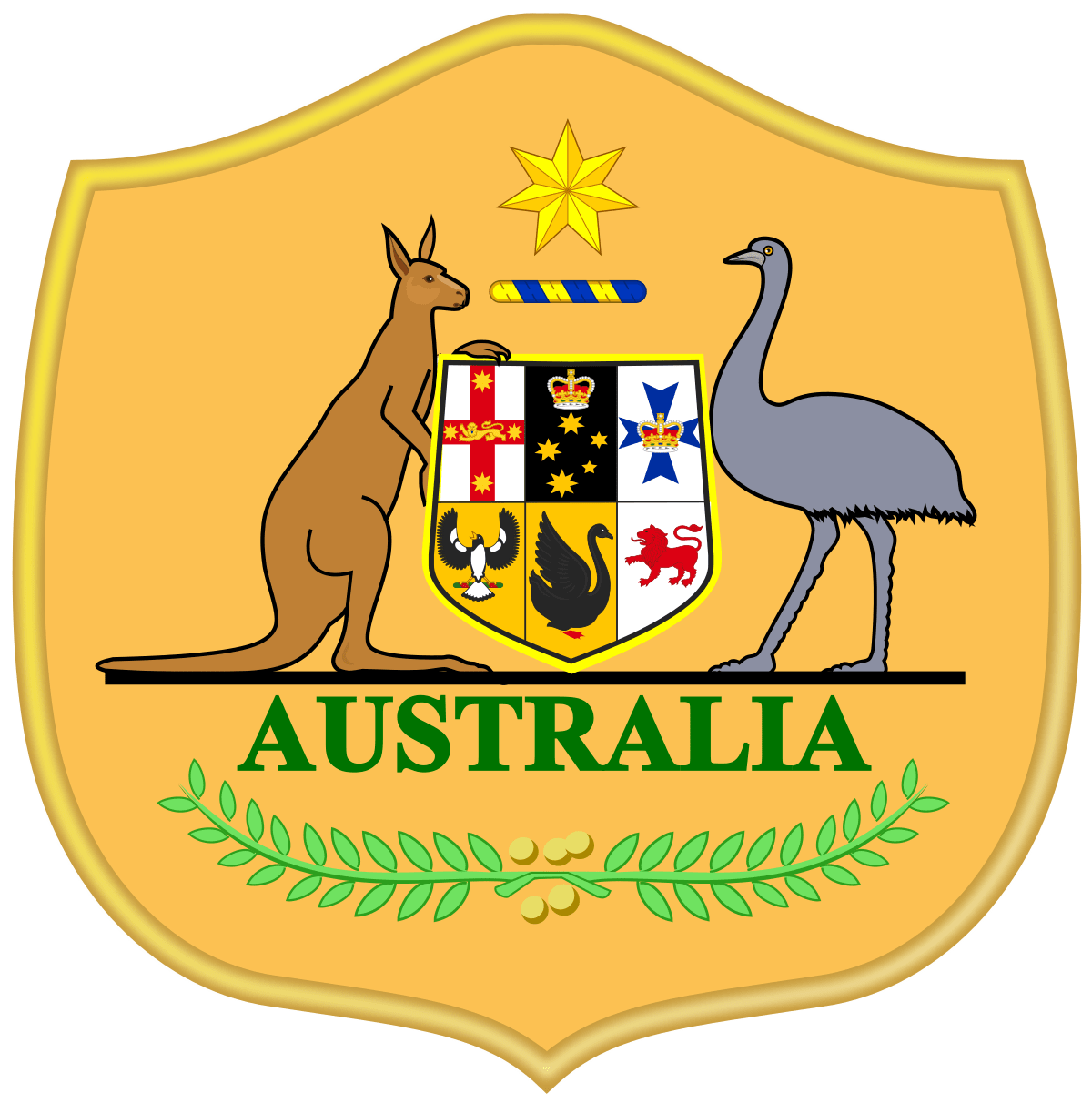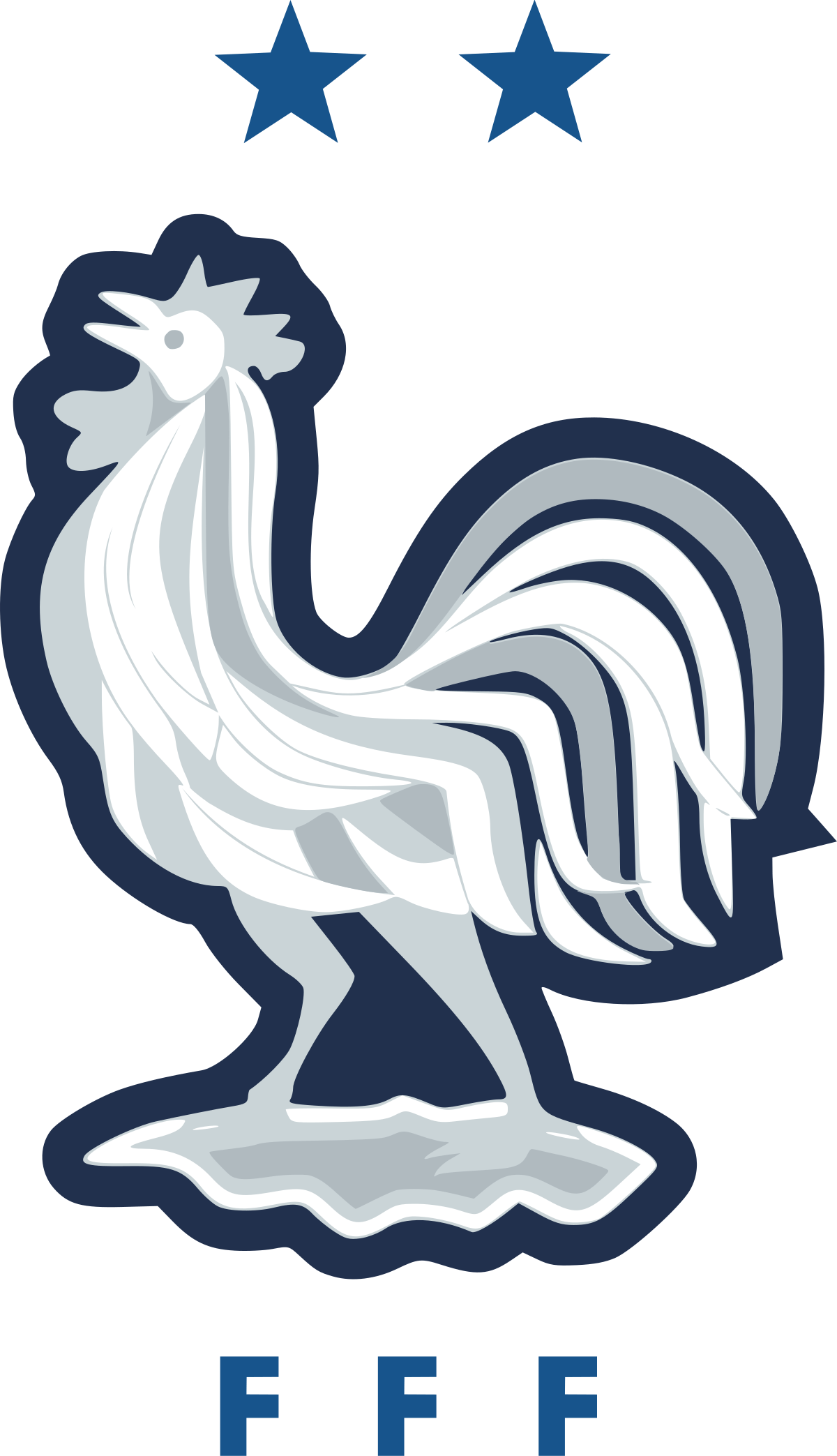
Tunisia (Eagles of Carthage)
Group Stage: 5 (1978, 1998, 2002, 2006, 2018)
Current FIFA Ranking: 30
Wahbi Khazri
Read More
Ellyes Skhiri
Read More
Dylan Bronn
Read More
Jalel Kadri
Read More
Group D Schedule
Game 1 – Tuesday 22nd November 2022

Denmark
16:00 Qatar Time/13:00 GMT
Education City Stadium, Al Rayyan
Game 2 – Saturday 26th November 2022

Australia
13:00 Qatar Time/10:00 GMT
Al Janoub Stadium, Al Wakrah
Game 3 – Wednesday 30th November 2022

France
18:00 Qatar Time/15:00 GMT
Education City Stadium, Al Rayyan
Notable Honours
Tunisia won the Africa Cup of Nations (AFCON) 2004 tournament as the host nation and reached the final on two other occasions (1965 and 1996). They also reached the semi-finals on four occasions (1962, 1978, 2000 and 2019). They have also won the Arab Cup (1963) and Mediterranean Games (2001).
Independence and Beginnings
Until Tunisia gained independence from France in 1956, no official Tunisian national team or federation existed. However, an unofficial team played matches primarily against France B, French Algeria and the French military team. The Tunisian football federation was founded in 1957, and they promptly entered the Pan Arab games, where they reached the final against Syria – a 3-1 defeat. Tunisia’s first major international tournament came in 1960 at the Summer Olympic Games in Rome. Although they suffered three losses, two of them were by relatively narrow margins to established footballing powers, 2-1 to Argentina and 3-1 to Denmark. The other defeat was a 6-1 mauling at the hands of Poland.
Further evidence of their rapid development came in the form of a third-place finish in their first-ever AFCON tournament in 1962. The following year, they won the Arab Cup. Although they failed to progress from the 1963 AFCON group stage, the Tunisians were awarded hosting rights in 1965 and reached the final. A 3-2 extra-time defeat to Ghana in front of a 16,000-strong crowd in Tunis ensured that the hosts would be denied their first major international trophy, but Tunisia had firmly established themselves at the top table of African football.
1978: AFCON and First World Cup
Despite this early success, the Tunisians would not see another major international tournament until 1978, after they qualified for both the AFCON and World Cup tournaments in Ghana and Argentina respectively. After emerging unbeaten from a group containing Morocco and Congo (now the Republic of the Congo), they fell to a 1-0 semi-final defeat to hosts Ghana and lost the third-place play-off with Nigeria after staging a walk-off in the 42nd minute to protest a refereeing decision. They were drawn in Group 2 at the World Cup in a challenging section alongside champions West Germany and Poland. However, they came from 1-0 down to defeat Mexico in their opening group fixture, courtesy of goals from Ali Kaabi, Néjib Ghommidh, and Mokhtar Dhouieb. Falling to a 1-0 defeat against Poland after a goal from legendary forward Grzegorz Lato, they needed to beat West Germany in the final group match to progress to the quarter-finals. With West Germany only requiring a draw to progress, that is exactly what they got – a 0-0 stalemate. Tunisia’s tournament was over.
AFCON 1996, Consecutive World Cups 1998-2002
Unfortunately, the Tunisians could not build upon their fine showing in Argentina. A group stage exit in the 1982 AFCON tournament was the sum total of their forays into major international tournament football between 1979 and 1994, where once again they hosted the AFCON tournament. They were eliminated in the group stage. However, two years later, in 1996, they improved upon their poor showing. They first made it through the group stage thanks to a 3-1 victory in their final and decisive match against Ivory Coast. Following this, a win over Gabon via penalties and a 4-2 humbling of Zambia saw the Tunisians reach their first major international tournament final since 1965. Though they would fall to two second-half strikes from South Africa’s Mark Williams, Tunisia had restored a measure of pride.
This time, Tunisia were able to build upon their exploits, as a successful qualification campaign for France ’98 was to follow. Qualifying with a near-perfect record in a group consisting of Egypt, Liberia and Namibia, they were rewarded with a place in a tough group alongside England, Colombia and Romania. Tunisia finished last in the group with one point – a 1-1 draw against Romania. Skander Souayah scored Tunisia’s only goal of the tournament via the penalty spot. They were not easy to beat, but the quality of their opponents had proved decisive. Following an AFCON semi-final appearance in 2000, Tunisia secured qualification for a second consecutive World Cup for the first time in their history. Once again, the Tunisians had no problems navigating qualification, finishing with an undefeated record and the highest points total across the five qualification groups.
Sadly, their prowess in qualification was not reflected at the tournament proper. Drawn alongside hosts Japan, Belgium, and Russia, there had been an air of optimism surrounding Tunisia’s chances of advancing past the group stage for the first time. A 2-0 defeat in their opening match against Russia was far from the ideal start. Despite this setback, the Tunisians played out a 1-1 draw with Belgium after Raouf Bouzaiene had cancelled out Marc Wilmots’s opener. Defeating hosts Japan ultimately proved to be a bridge too far, and the Tunisians were again to finish in last place in their World Cup group.
First AFCON Triumph and Germany 2006
Fortunately for Tunisia, happier times were just around the corner. As hosts for the 2004 edition of the AFCON tournament, Tunisia secured qualification for the knockout phase with a game to spare, with naturalised striker Francileudo Santos leading the way with three goals. A strike from Jawhar Mnari was enough to secure a 1-0 quarter-final victory over 2002 World Cup surprise package Senegal and to set up a semi-final clash with Nigeria. With the score locked at 1-1 following extra time, penalties loomed. Tunisia advanced to their third AFCON final thanks to the winning penalty from Karim Haggui.
In front of a reported 60,000 spectators, Tunisia lifted their first-ever major international trophy, defeating Morocco in the final 2-1 courtesy of goals from Santos and Ziad Jaziri. Another World Cup appearance followed in 2006 in Germany. Despite taking the lead against Saudi Arabia in the opening game via Jaziri, the Saudis hit back in the second half through Yasser Al-Qahtani and Sami Al-Jaber, before Radhi Jaïdi earned the Tunisians a point. A 3-1 defeat to a strong Spain side meant that Tunisia required a win in their final group match against Ukraine to reach the knockout stages for the first time. Ultimately, an Andriy Shevchenko penalty saw Ukraine reach the second round at Tunisia’s expense.
A Respectable Current Era
Failing to qualify for both the 2010 and 2014 editions of the World Cup, Tunisia have had a stable presence at the now-expanded AFCON tournaments, mostly alternating between group stage and quarter-final appearances. They reached the 2018 World Cup in Russia by finishing top of what could be characterised as a relatively easy group, with DR Congo, Libya and Guinea providing the opposition. Despite pushing England all the way in the first group game, two Harry Kane goals were enough to clinch a 2-1 victory for the English, with Ferjani Sassi scoring a first-half penalty in reply. A heavy 5-2 defeat to Belgium eliminated the Tunisians. However, they were able to record their second-ever World Cup win over group strugglers Panama. This was thanks to a 2-1 victory with goals from Fakhreddine Ben Youssef and Wahbi Khazri. In 2019, the Tunisians reached their seventh AFCON semi-final. Unfortunately, they could not make their fourth final, losing 1-0 to Senegal in extra time. Drawn in a difficult group in Qatar with European heavyweights France and Denmark and AFC outsider Australia, Tunisia will look to cause a shock.
Road to Qualification
CAF Second Round: Group B: 1st Place
Record: Played:6 W:4 D:1 L:1 F:11 A:2 GD:+9 Points:13
Play-off: vs Mali 1-0 on aggregate (1-0, 0-0)
Date of Qualification: 29th March 2022
Very comfortable for Germany, with the only blemish being a shock 2-1 loss at home in Duisburg to North Macedonia on matchday three. They kept seven clean sheets in ten games, including home annihilations of Iceland (3-0), Armenia (6-0), and minnows Liechtenstein (9-0). Romania were the sixth team in the group. Qualification had been a formality, and they were the first team to qualify (other than hosts Qatar who qualified automatically) with a month to spare. Thirty-six goals scored was the second highest for any European team in qualification, only England registered more with 39. The debate will rage on over whether smaller nations such as Armenia and Liechtenstein should compete alongside heavyweights like Germany in qualification or if there should be a pre-qualifying process. However, for the moment, the Germans and other top nations generally ease through the UEFA segment of qualifying. Serge Gnabry, Ilkay Gundogan, and Timo Werner all scored five goals each in qualification, whilst Leroy Sane scored four. The group doesn’t tell us much about Germany’s prospects in the tournament proper, but they will hope to keep their scoring boots on.
Meet the Coach: Jalel Kadri (age 50)
Kadri has filled an astonishing 24 managerial vacancies over a colourful 21-year managerial career (mainly owing to the freelance nature of the appointments). He was in the midst of his second spell as Tunisia’s assistant prior to a quarter-final AFCON exit at the hands of Burkina Faso. He then took the top job on a permanent basis. He remained undefeated in his first seven matches, including impressive victories over Chile (2-0) and Japan (3-0). He will hope to prove his worth in Qatar.
Possible Starting XI and Style of Play

Tunisia will almost certainly line up with a 4-3-3 formation, having shown no signs of experimentation with a back three during recent friendly internationals. Drawing upon players throughout North Africa and the Middle East as opposed to a more traditional European focus, Kadri favours experienced, tactically intelligent players who are willing to carry out his defensively resolute game plan. However, the forward three are allowed to operate with a large degree of freedom. This approach has yielded some excellent results of late. However, the Tunisians may have been discouraged somewhat by a recent friendly outing with Brazil. In that game, they were 4-1 down in the first half on the way to a 5-1 defeat. Therefore, against strong opponents in Denmark and France, Kadri may be tempted to adopt a more uniformly cautious approach. He will not want to open up too much against such technically gifted and creative teams.
Squad List
Goalkeepers: Aymen Dahmen, Bechir Ben Said, Mouez Hassen, Aymen Mathlouthi
Defenders: Ali Abdi, Dylan Bronn, Mohamed Drager, Nader Ghandri, Bilel Ifa, Wajdi Kechrida, Ali Maaloul, Yassine Meriah, Montassar Talbi
Midfielders: Mohamed Ali Ben Romdhane, Ghaylane Chaalali, Aissa Laidouni, Hannibal Mejbri, Ferjani Sassi, Elyas Skhiri
Forwards: Anis Ben Slimane, Seifeddine Jaziri, Issam Jebali, Wahbi Khazri, Taha Yassine Khenissi, Youssef Msakni, Naim Sliti
Key Players
Wahbi Khazri
Date and Place of Birth: (08.02.1991, Ajaccio, Corsica, France)
Current Club: Montpellier
Caps/Goals: 71/24
A highly versatile and experienced forward with something of a deserved reputation as a long-range specialist and dead-ball threat, Khazri tops the list for the most long-range goals in Ligue 1 over the past ten years. With chances likely to be at a premium against group favourites France and Denmark, this is where Khazri’s presence will be even more critical than usual. His ability to create something from nothing will be vital for the Tunisians.
Ellyes Skhiri
Date and Place of Birth: (10.05.1995, Lunel, France)
Current Club: 1. FC Köln
Caps/Goals: 45/3
A familiar face for Bundesliga fans, Skhiri is known for his incredible work rate in the heart of midfield for club side FC Köln. So much so that in the 2020/21 season, he covered 246.2 miles (396.2 kilometres), the most ground for any player in the Bundesliga. His role will primarily be that of a disruptor, but he can contribute with goals from midfield.
Dylan Bronn
Date and Place of Birth: (19.06.1995, Cannes, France)
Current Club: Salernitana
Caps/Goals: 35/2
An almost permanent fixture in Tunisia’s mean back line, Bronn is both comfortable on the ball and a tough on-ball defender to contend with. He is also capable of playing at fullback should Kadri wish to field some additional defensive solidity against strong opponents. His strong ability with the ball at his feet can also see him bring the ball out of defence to prove an auxiliary midfield presence. This will help Tunisia retain the ball better, which will be crucial against the good teams in their group.
